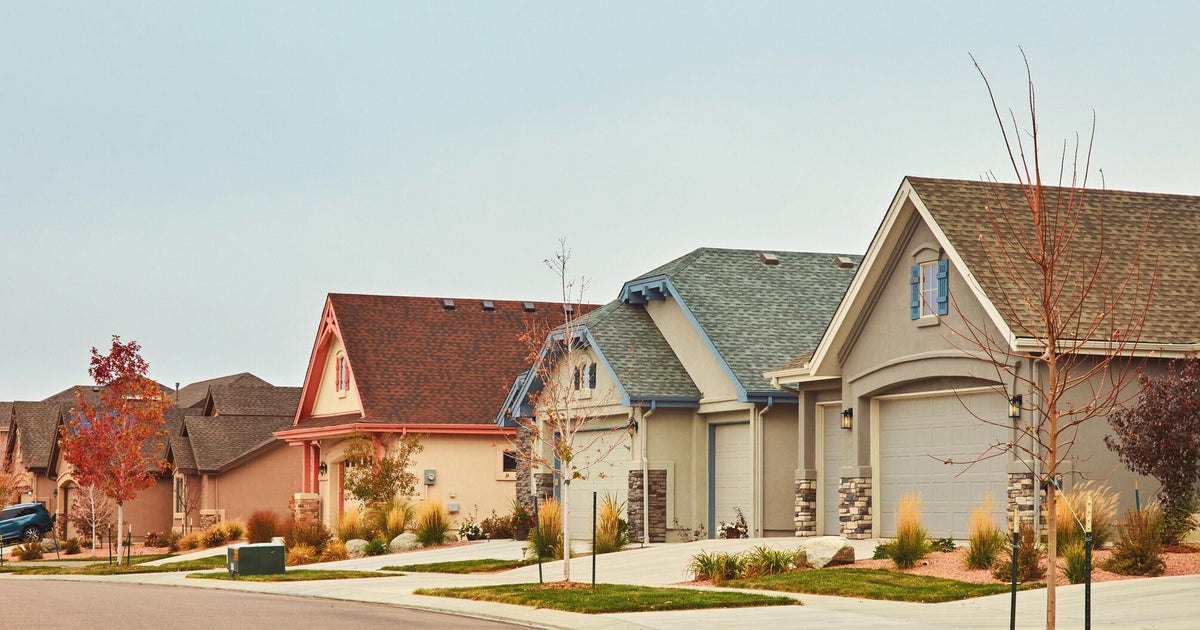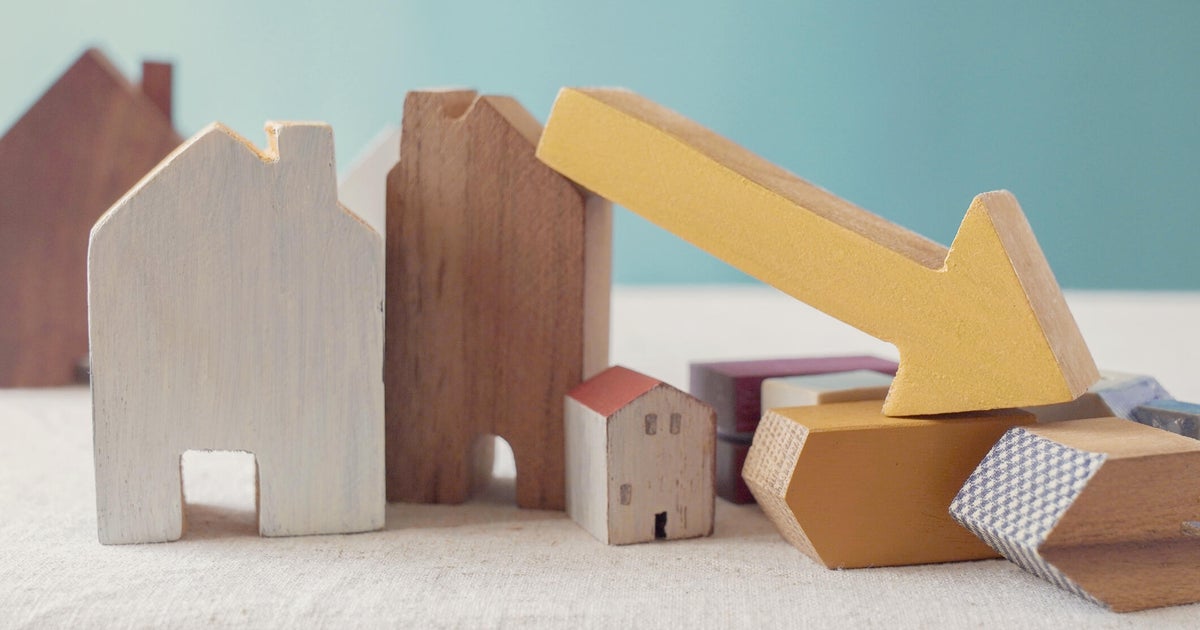Home equity loan vs. HELOC: Which is better when interest rates fall?
Home equity loans and home equity lines of credit (HELOCs) can help you borrow cash for virtually any legal purpose. And since these loans are secured by your home, they generally come with lower interest rates than other credit and loan options.
But unfortunately, inflation and high interest rates have made home equity loans and HELOCs less attractive to would-be borrowers. The Federal Reserve has raised rates 11 times between 2022 and 2023, which has sent interest rates on equity loan products higher. However, the Fed has projected interest rate cuts in 2024, which could make it a beneficial time for homeowners to tap into their existing home equity.
Lower interest rates not only reduce your borrowing costs, but they may allow you to borrow more money. "Lower rates generally lead to higher home prices, so they have the effect of increasing the amount of equity in the home that the homeowner may borrow against," says Peter Idziak, a senior associate at mortgage law firm Polunsky Beitel Green. "If homes in your neighborhood are selling for 5% to 10% more than the year prior due to cheaper financing, you'll likely see the appraised value of your property increase by a similar amount, giving you more equity to borrow against."
Below, we'll look closer at which equity loan product could benefit you more if interest rates fall as expected. See what home equity interest rates you could qualify for here.
Home equity loan vs. HELOC: Which is better when interest rates fall?
Here's what to consider about these home equity borrowing products when rates come down.
Why a home equity loan could be better when interest rates fall
As Vik Gupta, the head of home equity at PNC Bank, points out, "A home equity loan may be more advantageous because it offers a fixed interest rate. This means your rate won't increase if market rates rise in the future." As such, a home equity loan is more of a set-it-and-forget option than a HELOC, which typically comes with variable interest rates.
Additionally, most home equity loans come with borrowing amounts up to 75% to 85% of your home's equity, which is the difference between your home's current market value and any outstanding mortgage balance. These funds are typically disbursed in one lump-sum payment, which could help you achieve a specific goal, like consolidating high-interest debt or remodeling your home.
"Lower rates also make it cheaper for borrowers to finance large purchases or home renovations with a home equity loan or use the proceeds to invest in other assets," says Idziak. "Based on market expectations of multiple rate cuts by the Fed in 2024, I expect that demand for home equity loans will bounce back in 2024."
Start exploring your home equity loan options online now to learn more.
Why a HELOC could be better when interest rates fall
HELOCs have variable interest rates, which means your interest rate changes over time. Consequently, if the Fed lowers the federal funds rate in 2024, the interest rate on your line of credit—and, by extension, your monthly payment—could fall.
Many mortgage professionals recommend HELOCs in high interest rate environments, as you could "ride the wave" of interest rate cuts downward. This isn't an option with a fixed-rate home equity loan.
However, Mason Whitehead, a branch manager with national lender Churchill Mortgage, cautions borrowers to pay close attention to a HELOC's floor rate. The "floor" is the lowest interest rate a lender will charge for that loan. "Be sure to check that and ask about it when you apply," says Whitehead. "If you have a floor, then your rate will not go below that interest rate floor, whatever it is set at in your loan documents."
HELOCs may benefit borrowers who don't need a significant chunk of money. Remember, these are lines of credit that work like a credit card, meaning you can borrow as much as you need up to your credit limit and only pay interest on the amount you borrow. If interest rates fall, you can draw on your HELOC to address any new financial needs without having to refinance or take out a new loan.
The bottom line
Home equity loans and lines of credit can help you pay down high interest debt, fund a home improvement project or cover college tuition costs with lower rates than alternatives like credit cards and personal loans. According to the most recent Federal Reserve data, the average interest rate is 22.75% for credit cards and 12.35% for 24-month personal loans. By contrast, the average overall home equity loan rate is 8.91%, while HELOC rates average 9.31% as of January 24, 2024.
Perhaps the biggest reason home equity loan products have lower interest rates than other loan options is because they are secured by your home. If you default on the loan, your lender could foreclose on your home. That's why it's imperative to carefully consider your financial stability and ability to repay before taking out a home equity loan.




